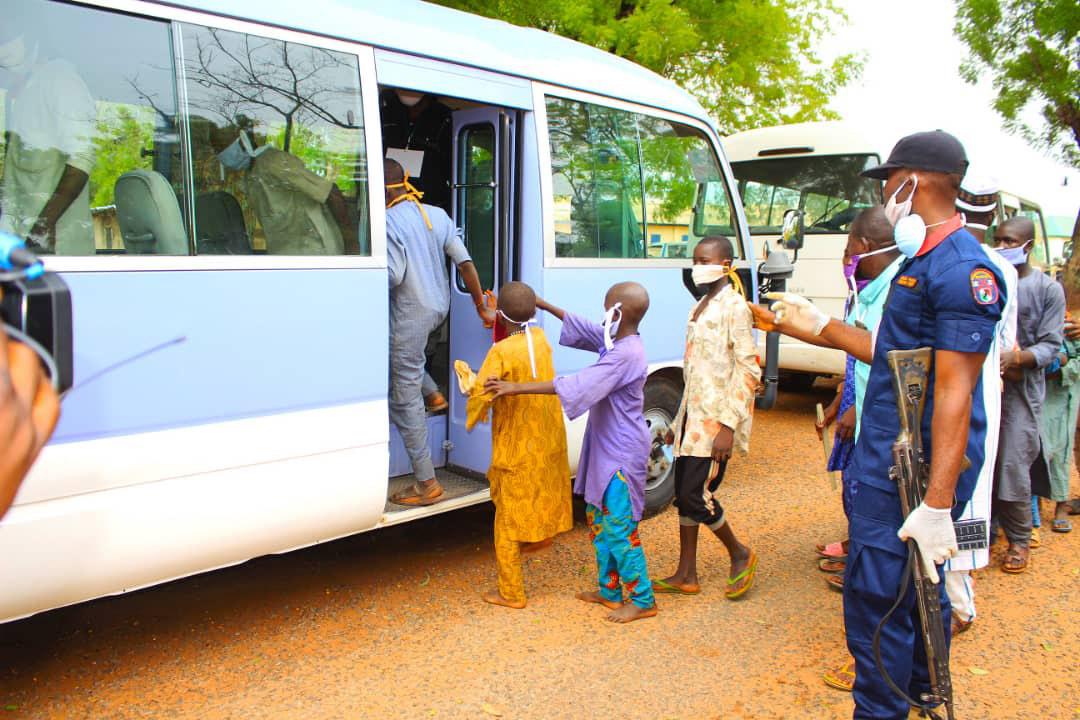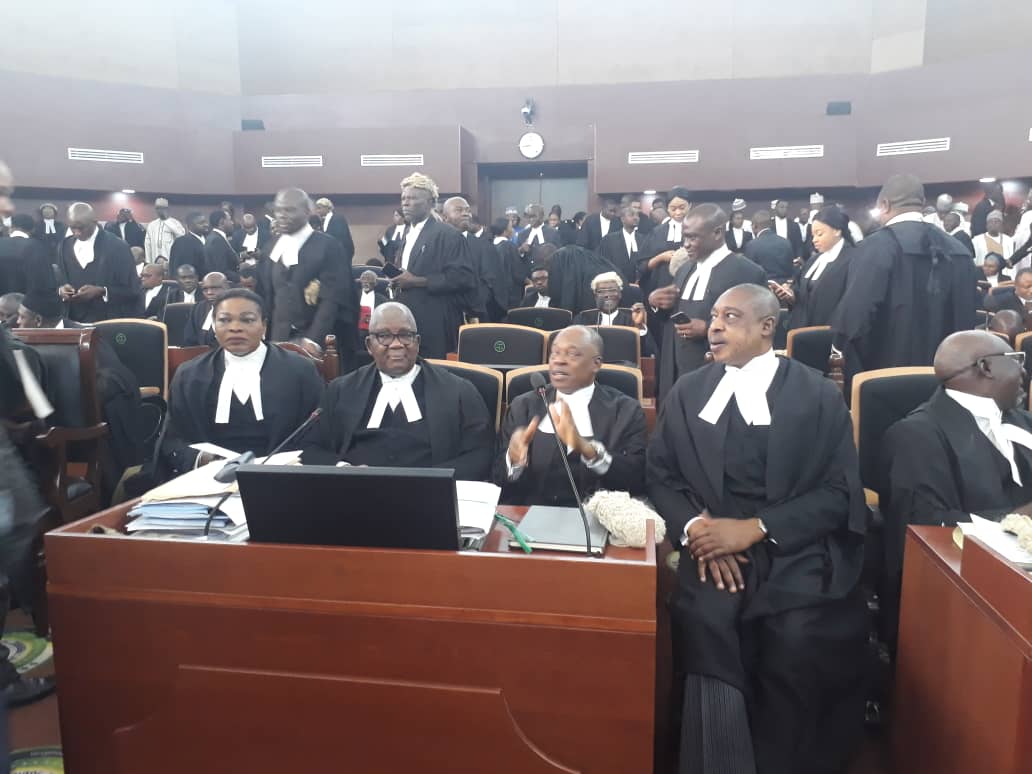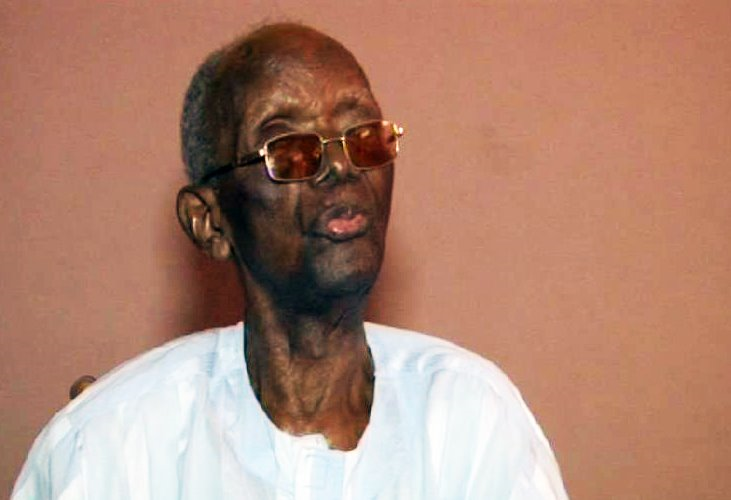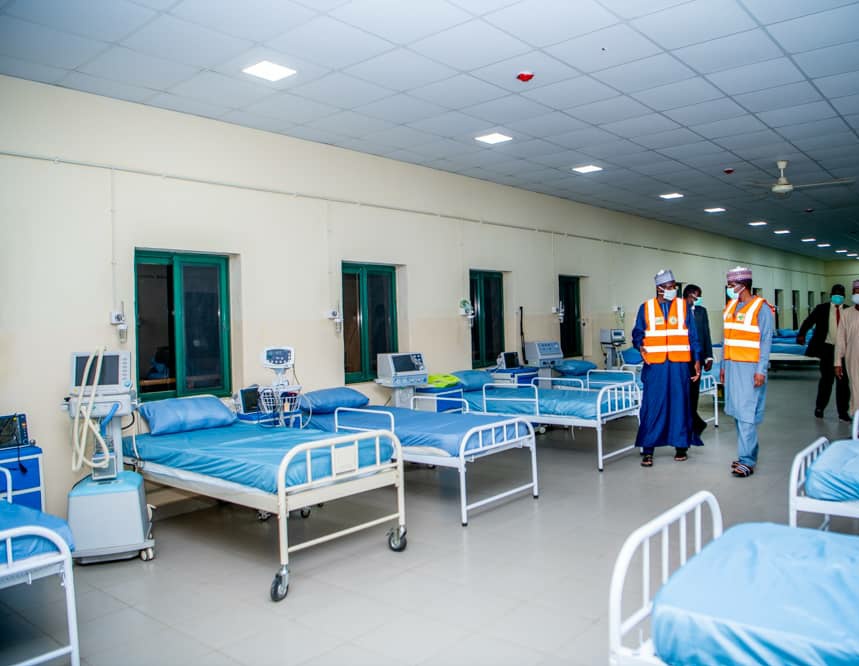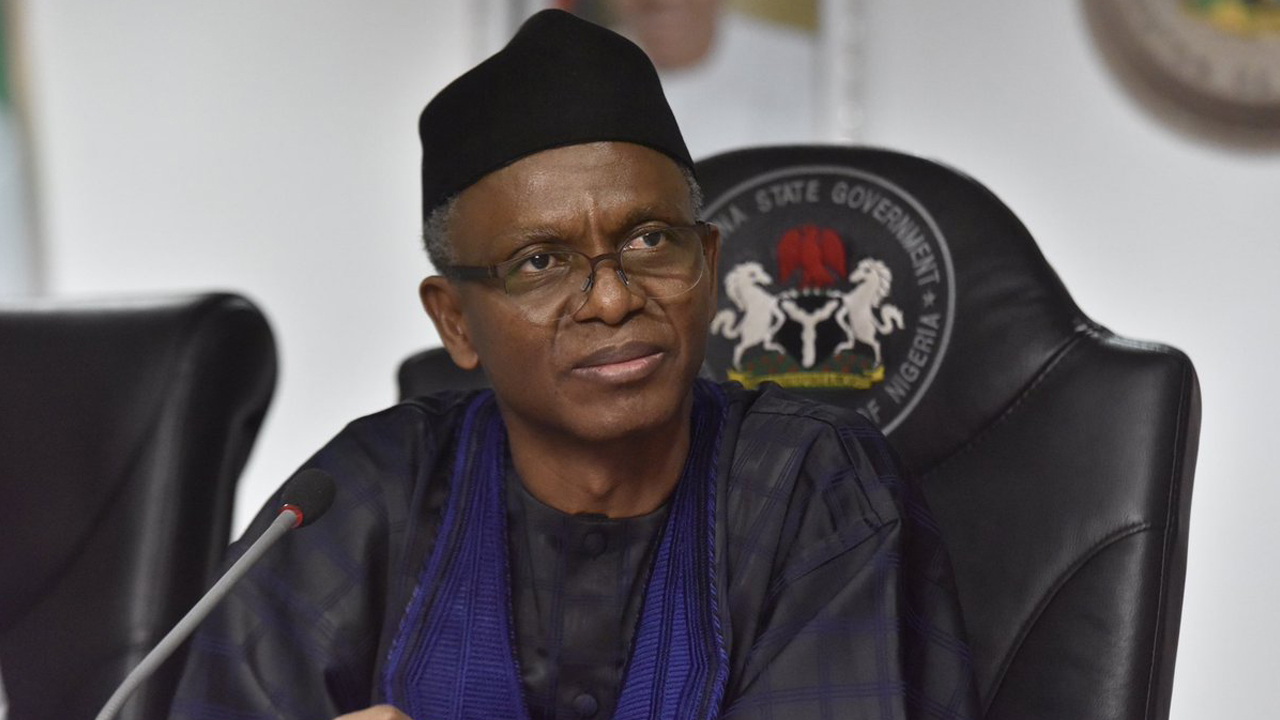For long, the almajiri system in the northern part of country has been a subject of heated controversy. Simply put, the almajiri system of education is one which encourages kids to leave their homes in search of Islamic knowledge elsewhere. It proposes that parents should hand over their parental responsibilities to Islamic schools, expected to help in grooming their kids into scholars of faith and good citizens.
Like in every social discourse, there have been proponents and opponents of the system. Muhammadu Sanusi II, the deposed emir of Kano, for instance, has expressed reservations with the system for several times. Some other northern elites have also called for an improvement of the system to ensure it provides the children under its watch with the education and relevant skills that would make them relevant in the contemporary world.
However, the problem, it seems, is that such discussions have either been mostly borne out of sheer hypocrisy or political gimmick characterised by insincerity of the highest order. The fact that nothing has changed despite the huffs and puffs and hankerings for a holistic transformation of the system is not only disturbing but also a clear-cut evidence of words without actions on the part of northern elites.
For all its perceived novelty and benefits, the almajiri system has been marred by several abuses which has increasingly raised concerns about its existence. The system, as it stands, is suffering a perception problem, largely due to several unfavourable media reports about it — which are mostly true though. For many people in the southern part of the country, their perception of the almajiris is that of neglected kids clad in tattered clothes with no education, vision and found on the streets seeking alms for survival.
Advertisement
The outbreak of the coronavirus pandemic has further exposed the vulnerability of the system and the children under its watch. Recently, Boss Mustapha, secretary to the government of the federation (SGF), raised concerns over the decision of northern governors to return the almajiris to their home towns as part of measures to combat spread of the coronavirus pandemic in their respective states.
Mustapha, who is the chairman of the presidential task force on COVID-19, had among other things warned of the dangers awaiting the nation if it fails to provide such children with the needed support to secure a future and life worth living. “There is nothing wrong about them learning the dictates of their faith. But we must prepare them equally for the future. Equip them, skill them so that they can become educated in their state and also productive citizens in the future, if not we are building an army that would overwhelm us in the future,” he had said.
It is worrisome that the almajiris are being treated like outcasts in their own country. Kano, Kaduna, Nassarawa among others have started returning the them to their home states with little or no provision for their welfare – a move that has ignited arguments on grounds of morality, rationality and legality. The action of the governors – mostly viewed as a form of escapism than not — is indicative of our leaders’ unwillingness to own up for their inefficiencies. If not for anything, most discussions around the almajiris have been woven round the children themselves than a failed system which has made them a subject of scorn.
Advertisement
My two encounters with the almajiris when I visited the north – first as an intern in a media house in Niger state and second as a corps member in Kwara state – are not something anyone would want to remember, except when reflecting on how much Nigeria has failed its citizenry. On both occasions, the sight of the children swarming around cars and passers-by for money left tears in my eyes. Seeing some of the kids wearing a frail look struggling for crumbs left me shattered for days. It was that painful. I wept for what has become of the nation we dreamt of at independence.
These are kids like every other children with dreams, hopes and aspirations for a better life but who are been failed by the system they find themselves. With the COVID-19 pandemic ravaging the country, the almajiris have again become one of the unfortunate casualties, like they have always been in several cases. Still battling hunger, neglect and societal scorn, they are now faced with death-threatening experience with the novel disease. Several of them returned to their home states from Kano have so far tested positive for the virus with fears many of them could have contracted the killer disease.
The years of neglect of the kids portends short and long-term threats to the survival of the north and the country as a whole. In the short term, the almajiris pose danger to the north and by extension, Nigeria’s quest to combat spread of the coronavirus pandemic. Given the interconnectedness of the children, who often move about in clusters, social distancing would be almost impossible to achieve among them – a factor that can facilitate transmission of the virus.
With inter-state lockdown also being compromised by some security agencies, southern states have had a tough time preventing the incursion of the almajiris – some of whom may have been infected with the virus into their territories. Cross River, Ondo, Kwara among other states have recently intercepted trucks reportedly loaded almajiri children.
Advertisement
In the long-term, Nigeria risks coming under increased insecurity threats if the almajiris are not meaningfully engaged now. At a time when we are presently grappling with a slew of attacks from Boko Haram, kidnappers, bandits among others as a nation, it would be suicidal to witness the surge of another militant group. Our many years of battle with the Boko Haram insurgency is a reminder of what the nation would be like if we have more of such groups confronting us. The lack of any structure on ground to cater for the well-being of the almajiris makes them vulnerable to being recruited by some of these deadly groups.
As I pointed out in my previous article, the COVID-19 pandemic — regardless of its attendant impact on the socio-economic development of the nation – should be seen more as a blessing than a curse because it has unearthed several things not right with Nigeria as a nation. One of the issues that should engage our attention in the post-COVID-19 era should be how to meaningfully engage the almajiris now to avoid raising monsters who would threaten our collective existence in years to come.
Ojo is a journalist at TheCable.
Advertisement
Views expressed by contributors are strictly personal and not of TheCable.
